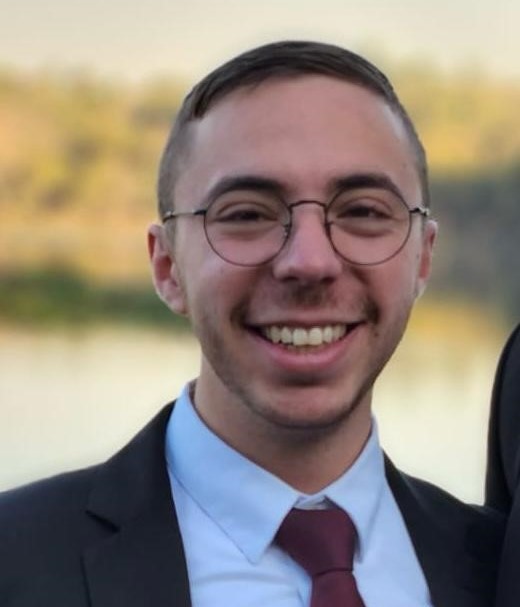
Youth

Human rights based on education about humanity
In an address to the House of Lords, the late Chief Rabbi Lord Jonathan Sacks emphatically said, “Rights depend not only on declarations, but also on education.”
We live in a society bereft of a clear moral code. Time and time again, humans falter in respecting the rights of their fellow beings. South Africa’s history is a prime example of the immense power of education as a force of destruction but also as a source of rebuilding.
The belief that every individual is created in the image of G-d is a central tenet of the Jewish religion. The implication of this belief is that through a person’s presence on earth, G-d has decided that their impact justifies their existence. Naturally, a fundamental value within Judaism is caring for, nurturing, and uplifting each person. Through mutual respect, we acknowledge the presence of G-d in the individual and work to build a society infused with growth and acceptance. This, too, is a driving force of Bnei Akiva in all of its interactions with its channichim.
As the Jewish youth of South Africa, we’re in a unique position. Our incredible community has raised us as socially responsible individuals capable of influencing change. The opportunities that exist in our country are endless.
South Africa has major disparities. The line between the “haves” and “have nots” is a chasm within our society that influences the treatment of “the other” as a lesser being rather than an equal. The first step toward mutual respect and acknowledging the innate rights of every individual is education. Bridging the gap through enlightenment is vital. The only way we’ll step forward as human-rights activists is by understanding our neighbours. As we learn about one another, we learn to respect the potential of the individual.
The date 21 March is a stark reminder of the dangers of “othering” and its negation of human rights. On that day, oppressed South Africans were shot for marching in protest against apartheid-era pass laws, and for the desire to be equal. The refusal to accept the basic right to equality is a product of destructive education. When people are taught to hate, society will never progress.
Through recognition of the G-dly potential of each individual, human rights is no longer a subject of discussion, but a given. As we learn to understand the role of each person in our world and accept them for the impact they can make, we inevitably create a society intent on growth. We build a community of acceptance, where each individual uplifts the next.
The events of 7 October shook the world to its core. Hatred, indoctrinated into society, allowed the complete negation of human rights. The fabric of respect for fellow human beings was torn to shreds. We mourn the loss of life, and continuously pray for the safety of our brothers and sisters in captivity who have been stripped of their rights.
We have a moral obligation to learn and teach the ideal of respect. As Jewish youth, we’re charged to acknowledge the impact that every individual can make on the world around us. By learning to understand the “other”, we turn them into our counterpart. Respecting human rights isn’t a secular concept but something deeply entrenched in our belief system as Jews. Human rights isn’t just enshrined in South African law, but is a fundamental engraved into our conscience as Jews, who seek to unlock the G-dly potential of every human being.
- Saul Joseph is national chairperson of Bnei Akiva. He’s also a fourth-year medical student at the University of the Witwatersrand, teaches gemara at Yeshiva College, and volunteers for the Hatzolah Assist Unit.










